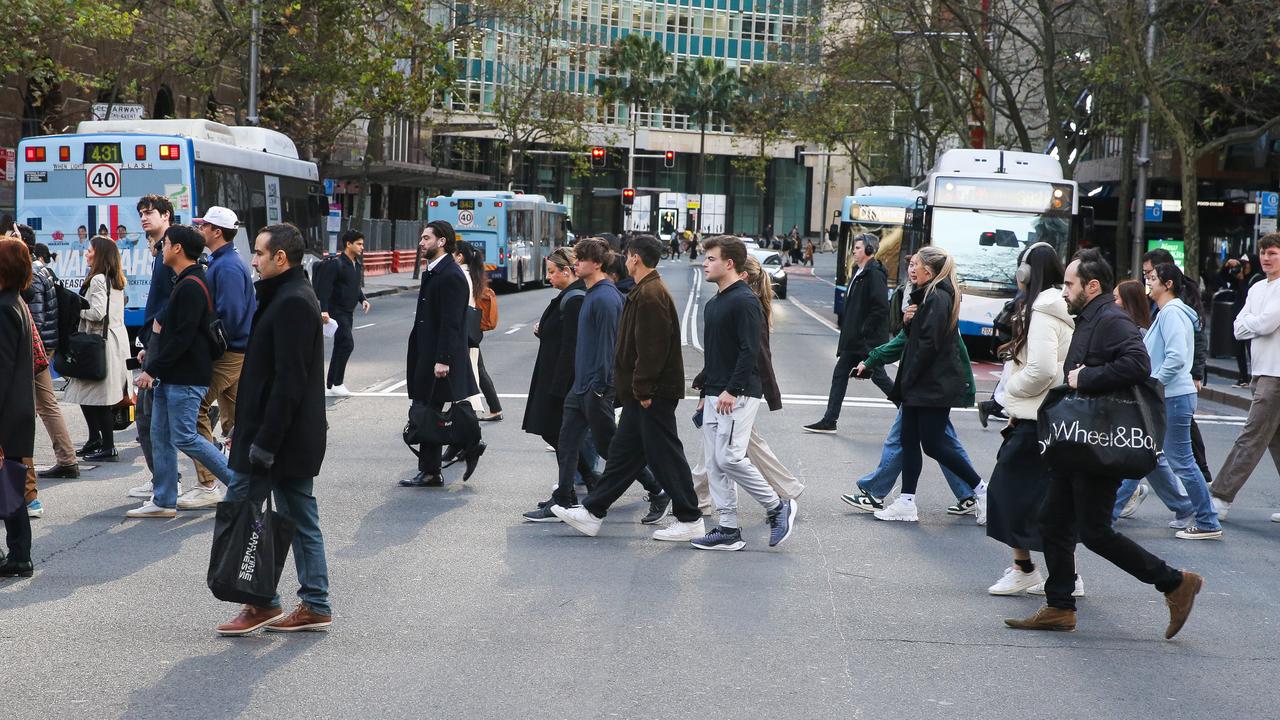‘Not a good look’: Tradies warned about drinking non-alcoholic beers at work
A lawyer has taken issue with tradies drinking non-alcoholic beers which resemble alcohol on the worksite.
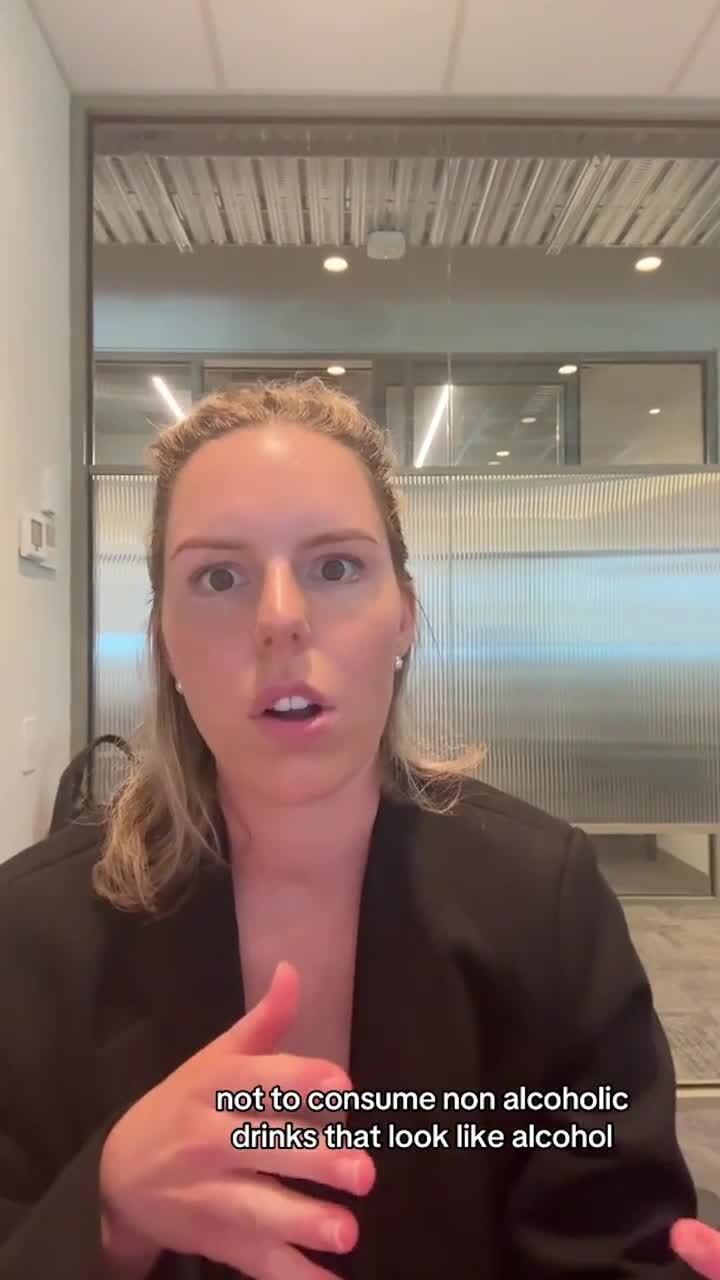
Tradies have been told it’s “not a good look” to drink non-alcoholic beers on a job site, with one lawyer warning bosses can take legal action against workers.
Roxanne Hart, a lawyer at Hart & Co Lawyers offered her advice on the matter after a business took issue with its workers drinking non-alcoholic beers, which resembled popular alcoholic beverages, at a worksite.
“It’s not a good look while they’re driving forklifts et cetera for them to be drinking that on the worksite, so (the business was) saying what can they do about that?” Ms Hart explained in a TikTok video, which has amassed over 230,000 views.
“My view is it would be a reasonable and lawful direction to tell employees that while they’re actually working on duty, not to consume non-alcoholic drinks that look like alcohol so for example Heineken Zero and Great Northern (Brewing Co.) Zero et cetera.”
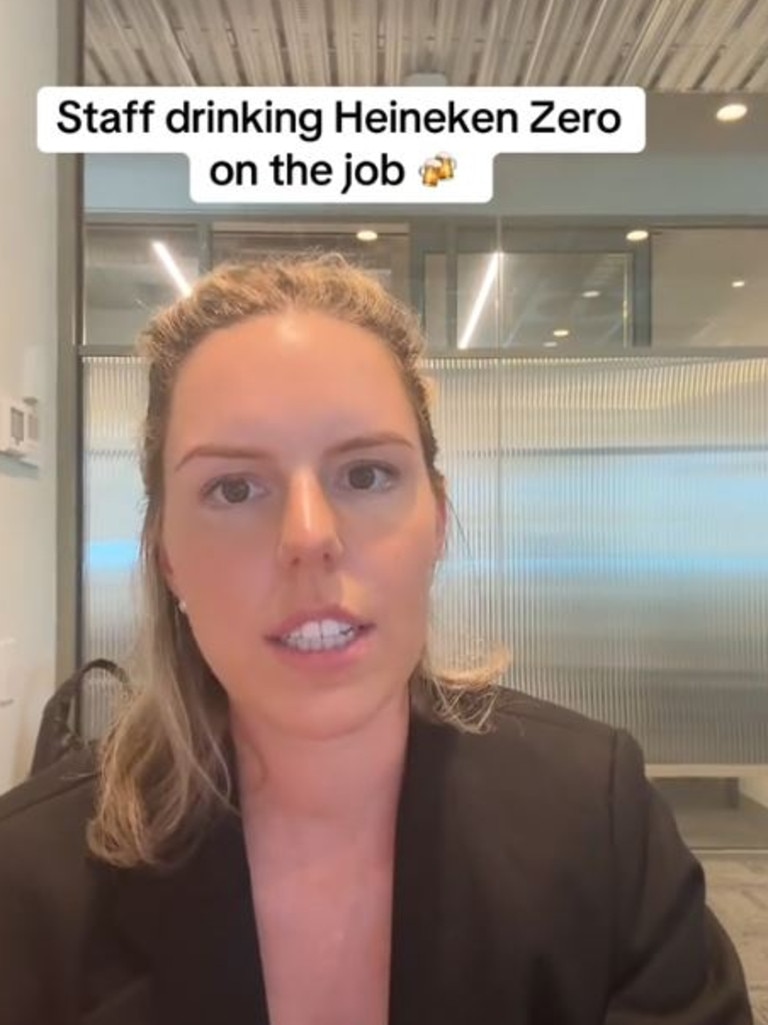
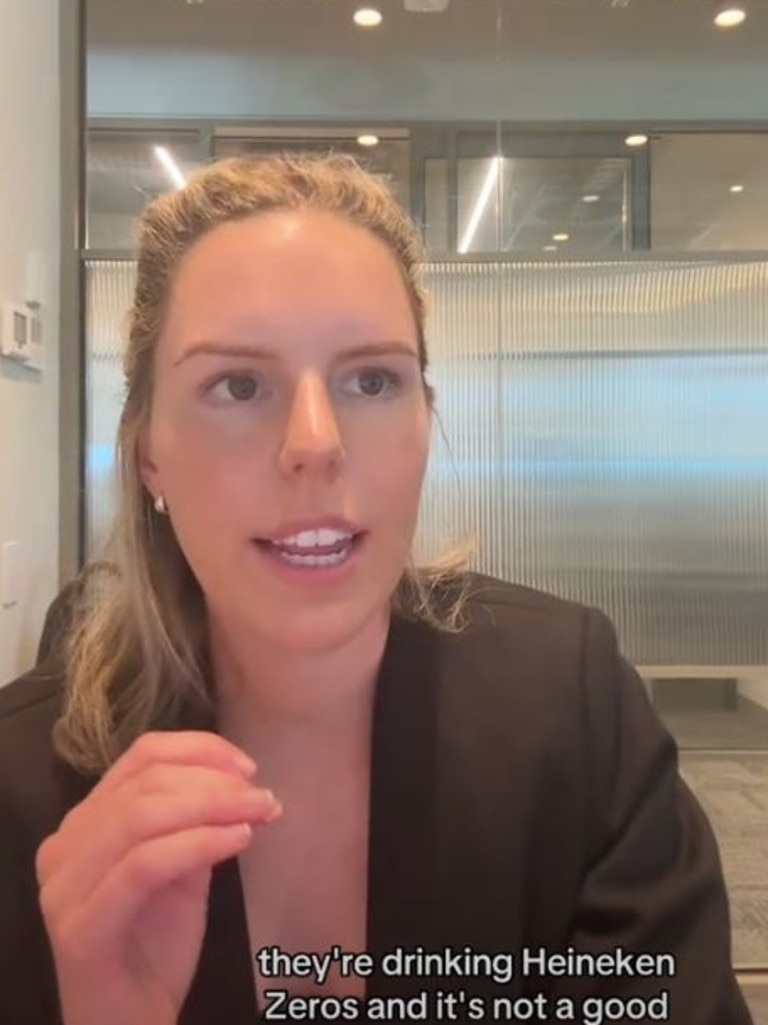
Ms Hart suggested if workers then procceded to drink the beverages, they could be issued official warnings.
“There is also a little bit of alcohol in those as well but I understand it’s the equivalent amount of alcohol as fruit juice so it’s not really like a huge issue but still it’s not a good look and I kind of get that from the business’ perspective in those particular roles.”
In Australia, zero-alcohol drinks can contain less than 0.5 per cent of alcohol.
Many online were quick to come to the worker’s defence.
“They’re not drinking alcohol so leave them alone,” one person wrote.
“Imagine trying your tell your employees they couldn’t drink soft drinks … same thing, surely?” another questioned.
“Fun police over here,” another wrote.
However, others agreed that drinking non-alcoholic beverages which resemble alcoholic versions could result in backlash for the comapny..
“If they’re on a site where the public can see them it can cause a lot of issues for the company,” one person wrote.
“Imagine if you went flying and saw the pilot downing a Heineken. You don’t know it’s a zero per cent. Just creates unnecessary problems,” another suggested.
Others pointed out it’s already become an issue in other fields.
“A lot of childcares and schools say drink whatever (non-alcohol) but put (it) in a solid colour drink bottle,” another wrote.
“I am a teacher and was told after a parent complained not to drink Kombucha in class as it looked to much like a beer,” another said.

Speaking to news.com.au, Ms Hart said while tradies drinking non-alcoholic beverages at work does not break any laws around operating machinery under the influence of alcohol – it does present reputational issues.
“Just because you haven’t done something wrong doesn’t mean that there won’t be adverse reputational impacts for a business,” she explained.
“The business can come out and say ‘no that was a non-alcoholic version’. But sometimes, the damage is already done … (people could think) that business allows their staff to drink on the job, when that’s not the case at all.”
Ms Hart said businesses could take action if necessary.
“Businesses have an ability to give reasonable and lawful directions to their staff, and that can be through policies,” she said.
A business could introduce a policy around the consumption of beverages which appear alcoholic and advise employees to drink them from a glass or mug instead of their packaging.
“But I’d always recommend to a business, before even putting in place a policy, discuss it with the staff … and then only if staff refused to comply with that direction., then I would put in place a policy, and then I’d do an informal discussion, and then warnings.”
If warnings were ignored, businesses could terminate the employees for failure to comply. However, this invites the risk, that an employee could put forward an unfair dismissal claim, she explained.
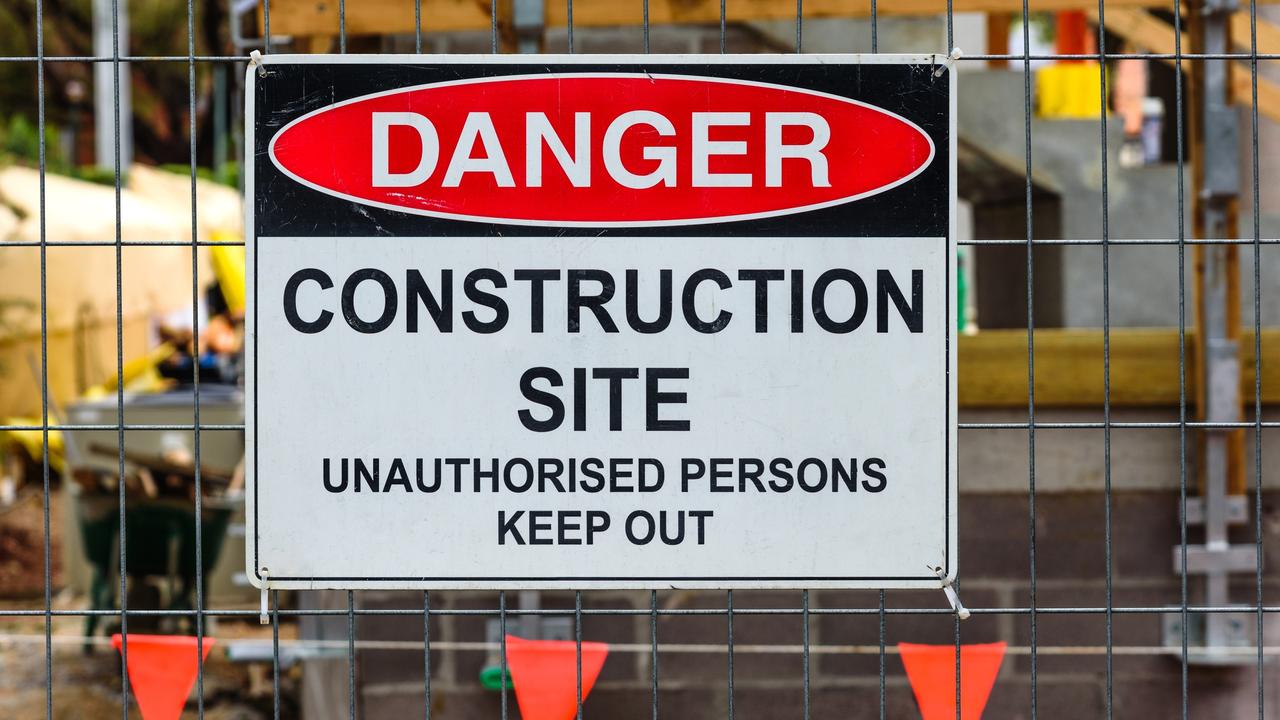
While she is not aware of any instances where this has become an issue, Ms Hart predicts the consumption of alcohol-free beers at work could become a problem in workplaces in the future as none-alcoholic drinks continue to rise in popularity.
“It’s only going to become more prolific. Maybe people will want them on a Friday afternoon, and I can understand that. A business might then say ‘it’s not great while you’re on the tools, pour it into something else.”
In the meantime, with the festive season and work Christmas parties approaching, Ms Hart offered some sound advice to workers who planned on drinking alcoholic beverages at work events.
“Everybody needs to understand that when you do attend work functions, there is a sufficient connection to your workplace so your conduct at those functions can be used in connection with disciplinary action.”
“If you consume too much alcohol, or maybe get into a physical altercation with somebody, or make a vulgar joke or racist comment … all of that can be used against you. It can result in termination of employment, and there’s tonnes of examples of that having occurred.”
While workers can still enjoy themselves, she recommended to “try and limit the amount of alcohol consumed. Or if you can’t do that, limit your time that you’re at the party.”





